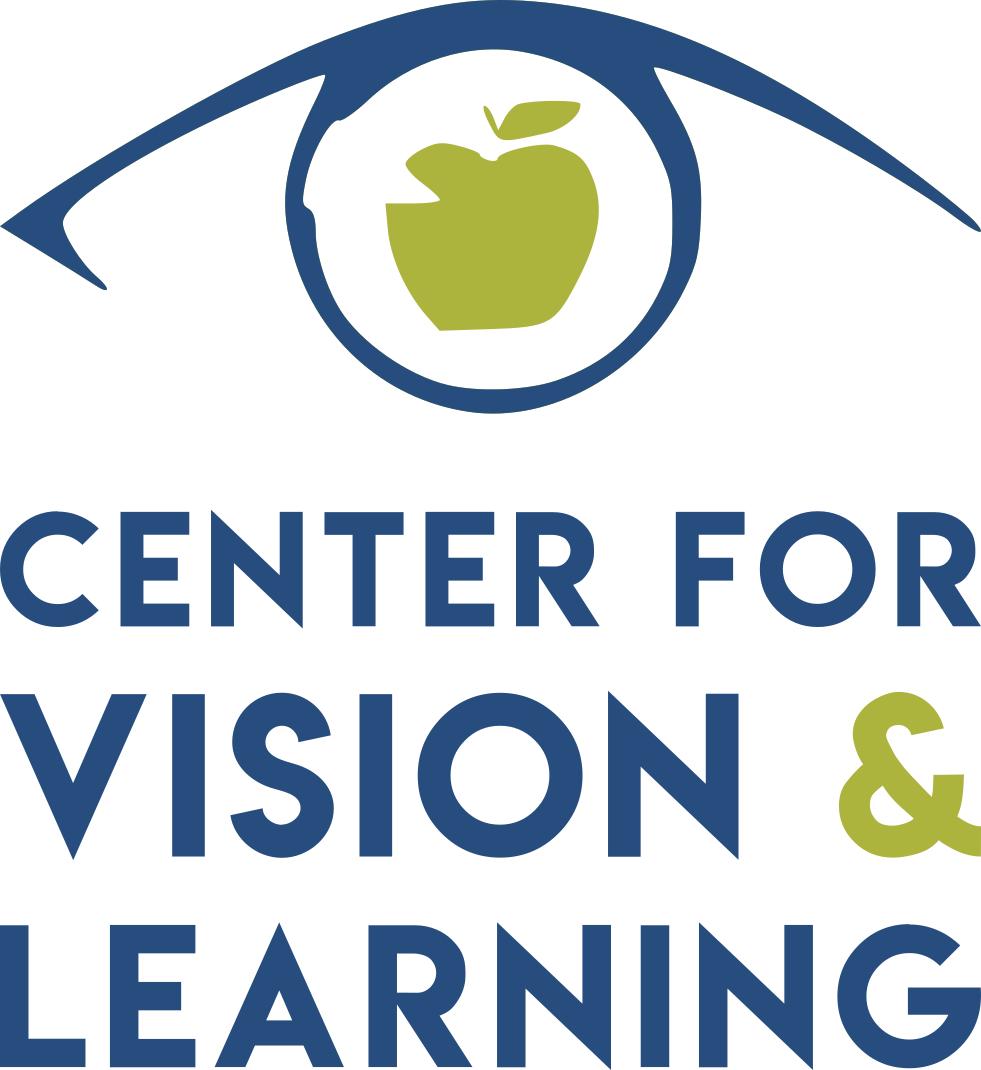Success after stroke
Suffering a stroke can be exceedingly debilitating. Even a mild stroke, or TIA can leave the patient looking normal but feeling like a totally different person. And a stroke can affect all areas of brain and body functioning, from problems moving your arms or legs to difficulty swallowing, speaking, or seeing.
We have a patient who is already basically a miracle in the world of strokes. He had a brain stem stroke. And he survived. This is one of the amazing parts. This type of stroke is generally the most dangerous because the brain stem is important for essential bodily functions, such as heartbeat and breathing. Survival rate is something around 5%.
Anyways, our patient, we'll call him Jim, survived a brain stem stroke in April, 2016. He received intensive rehabilitative therapy but suffered from constant double vision that did not resolve. This double vision likely contributed to his continued problems with his balance. In August, he was referred to me.
We found that Jim's brain had lost the ability to properly align his eyes, due to the damage from the stroke. He saw double because one eye was angling upward. This is called a hypertropia. For Jim, even the normal optometry tricks that I can usually employ did not eliminate his double vision.
Did I mention that Jim is in his 50's and is employed as an accountant to provide for his family? And did I mention that his stroke occurred on April 16th, 2016? Yep, that's right, the day after tax day. He didn't even get a day to relax after tax day; his body assaulted him.
So, when I first saw Jim, the pressure was huge. How were we going to get Jim back to work? How was he supposed to provide for his family and look at all of those accounting figures when he had constant, debilitating double vision?
Well, fortunately, Jim began a program of rehabilitative optometric therapy in our office. He comes in and works with one of our vision therapists once a week. And, I am so, so happy to report that he is now able to fuse the images from his two eyes; he no longer has double vision all of the time!
We are still using some optometry tools called prisms to help Jim out. He has seen a drastic reduction in the amount of prism over the last 3 months and he's so close to not needing any prism at all. It is amazing from an optometric perspective. The plasticity of his brain is just simply amazing.
I am so appreciative to be able to watch Jim's improvements. In a few weeks, he plans to head back to work on a part-time basis.
Tax time is calling, you know.
- Dr. Cheryl Davidson
